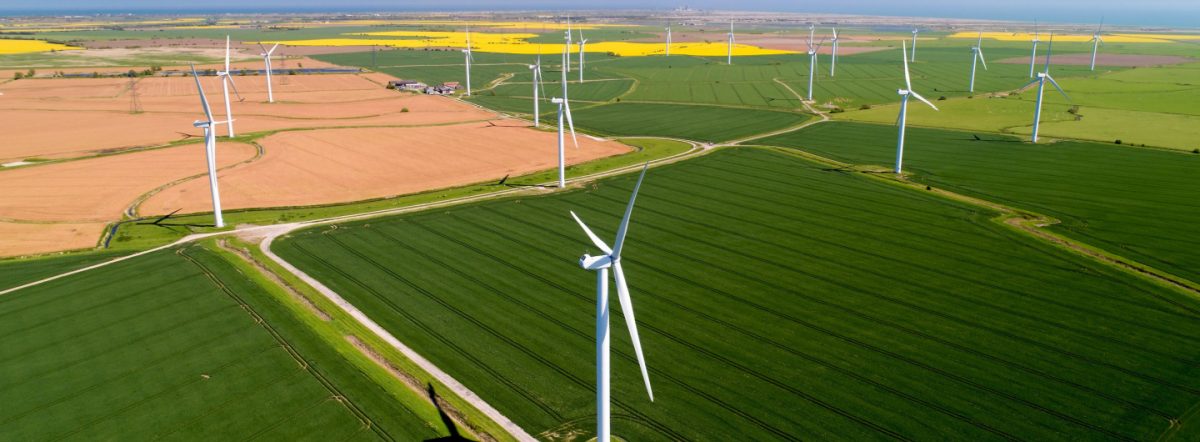The government has unveiled its long-awaited Contracts for Difference “AR7 budget” for offshore wind, with £900 million for fixed projects and £180 million for floating wind.
The announcement comes as new UCL research shows wind power has already saved UK consumers billions, cutting wholesale prices and shielding homes from volatile gas markets.
Yet with strike prices of £113/MWh for fixed wind and £271/MWh for floating, concerns remain that bills may increase, while ministers insist that the government “won’t buy at any price.”
A spokesperson for the End Fuel Poverty Coalition, commented:
“The North Sea is running out of gas and new gas power plants could take the best part of a decade to even get off the ground. Britain simply can’t rely on fossil fuels for its energy security.
“That’s why renewables are so important. They cut our dependence on gas imports and prices and create jobs where they’re needed most. But this transition has to be managed fairly.
“The public deserve to clearly see how they benefit, through lower electricity prices, greater transparency on how the strike prices work, and clear profit caps that ensure developers don’t cash in at consumers’ expense.”




